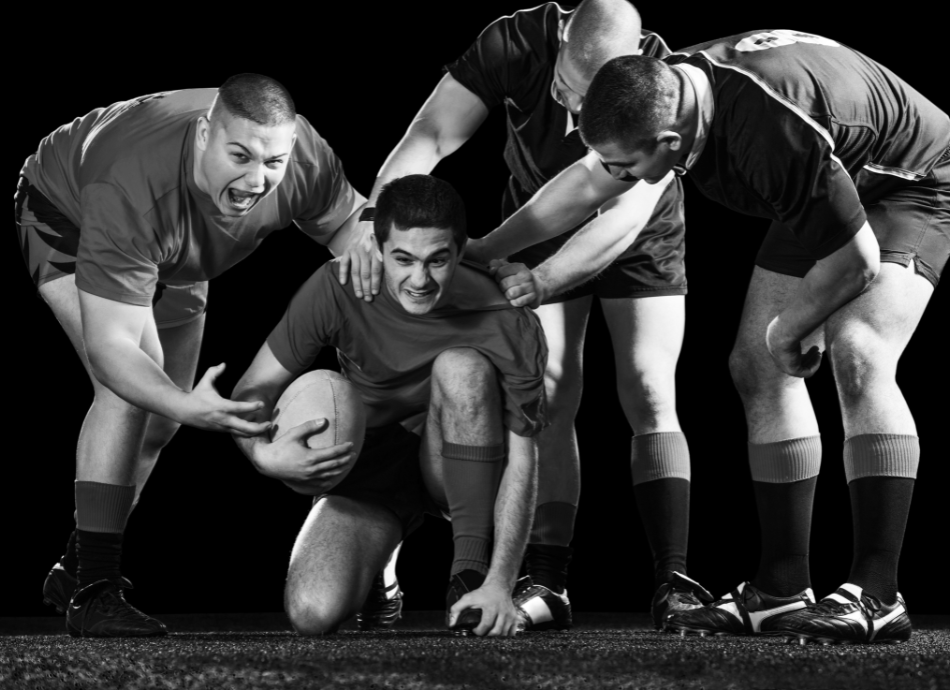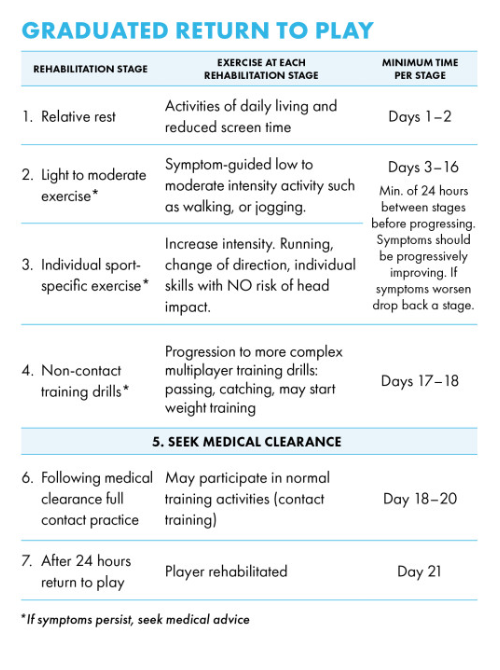A concussion is a type of mild traumatic brain injury (mTBI). It occurs when a bump, blow or shake to your head or body transmits a force to the brain. This does NOT cause any bleeding, bruising or swelling in the brain, which is why scanning your brain isn't helpful. However, it causes a change in your brains cells, essentially altering their function.
You don't have to get a blow directly to your head – impact anywhere on your body can transmit forces to the brain. You also don't have to be knocked out to get a concussion. In fact, loss of consciousness only happens with 10% of concussions. Read more about concussion and what to do.







